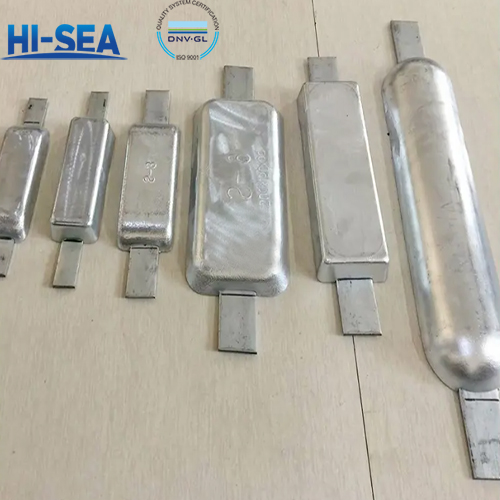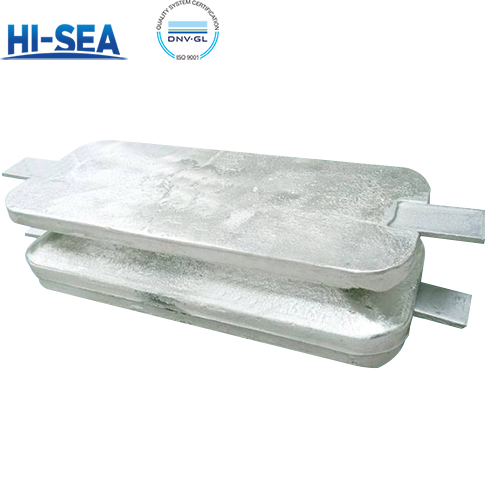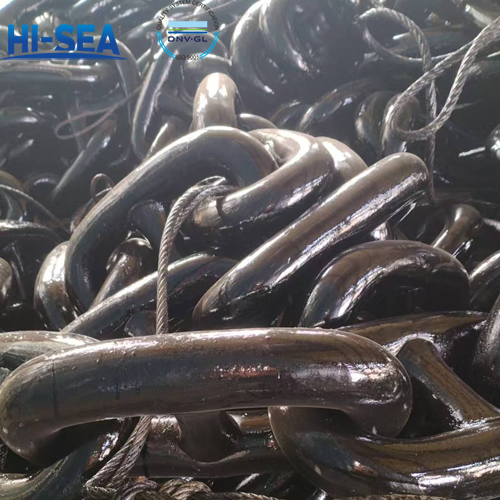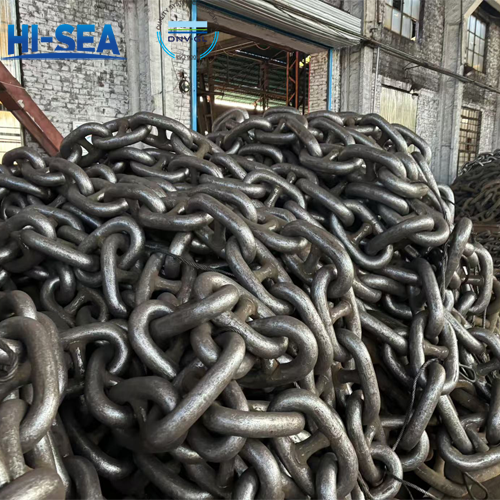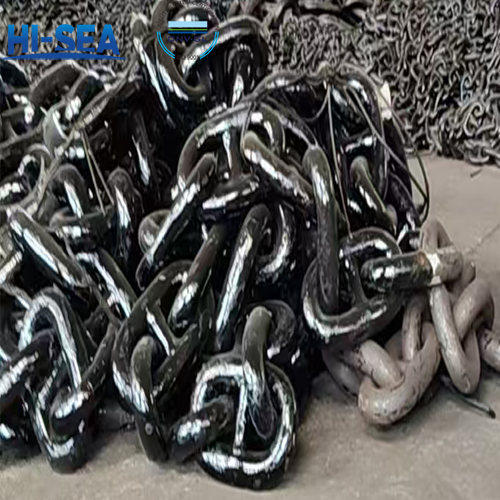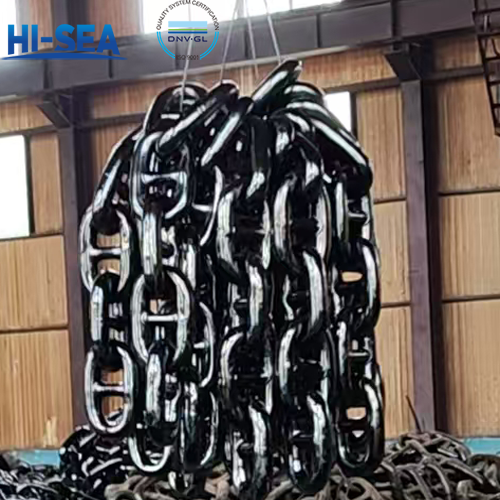
Ship Sacrificial Anode
Ship sacrificial anodes are metal anodes attached to the hulls and other underwater parts of ships to prevent galvanic corrosion. These anodes, typically made from zinc, aluminum, or magnesium, corrode instead of the ship's metal surfaces, offering protection by acting as a sacrificial metal. They are particularly effective in different water environments, with zinc and aluminum being preferred for saltwater and brackish water, and magnesium for freshwater.
Overview
Types of Sacrificial Anodes
Hull Anodes
Flat or shaped plates attached directly to the hull to protect the main body of the ship.
Propeller and Rudder Anodes:
Smaller anodes attached to the propeller, rudder, and other moving parts to ensure these critical components are also protected.
Tank Anodes
Used inside ballast tanks and other water-filled compartments to prevent internal corrosion.
Ribbon Anodes
Flexible anodes used for complex shapes and internal piping systems.
Main Materials
Zinc Anodes
Usage: Commonly used in saltwater environments.
Properties: Moderate electrochemical potential, making them effective without corroding too quickly.
Aluminum Anodes
Usage: Suitable for saltwater and brackish water environments.
Properties: Lighter than zinc and offers a higher capacity, which means they last longer and are more effective in certain conditions.
Magnesium Anodes
Usage: Best suited for freshwater environments.
Properties: Highest electrochemical potential, providing the most aggressive protection. However, they corrode too rapidly in saltwater, reducing their effectiveness in such environments.
For Larger Vessels or Maximum Efficiency: The ICCP Alternative
For larger commercial vessels (such as tankers, bulk carriers, and container ships), newly built vessels, or fleets seeking the lowest long-term maintenance costs and enhanced monitoring capabilities, the Impressed Current Cathodic Protection (ICCP) system offers a more advanced solution. ICCP actively delivers precisely adjustable protective current through an external power source, boasting advantages such as extremely long anode lifespan (over 15 years), no need for replacement, and the capability for real-time remote monitoring.
Picture of Ship Sacrificial Anode
